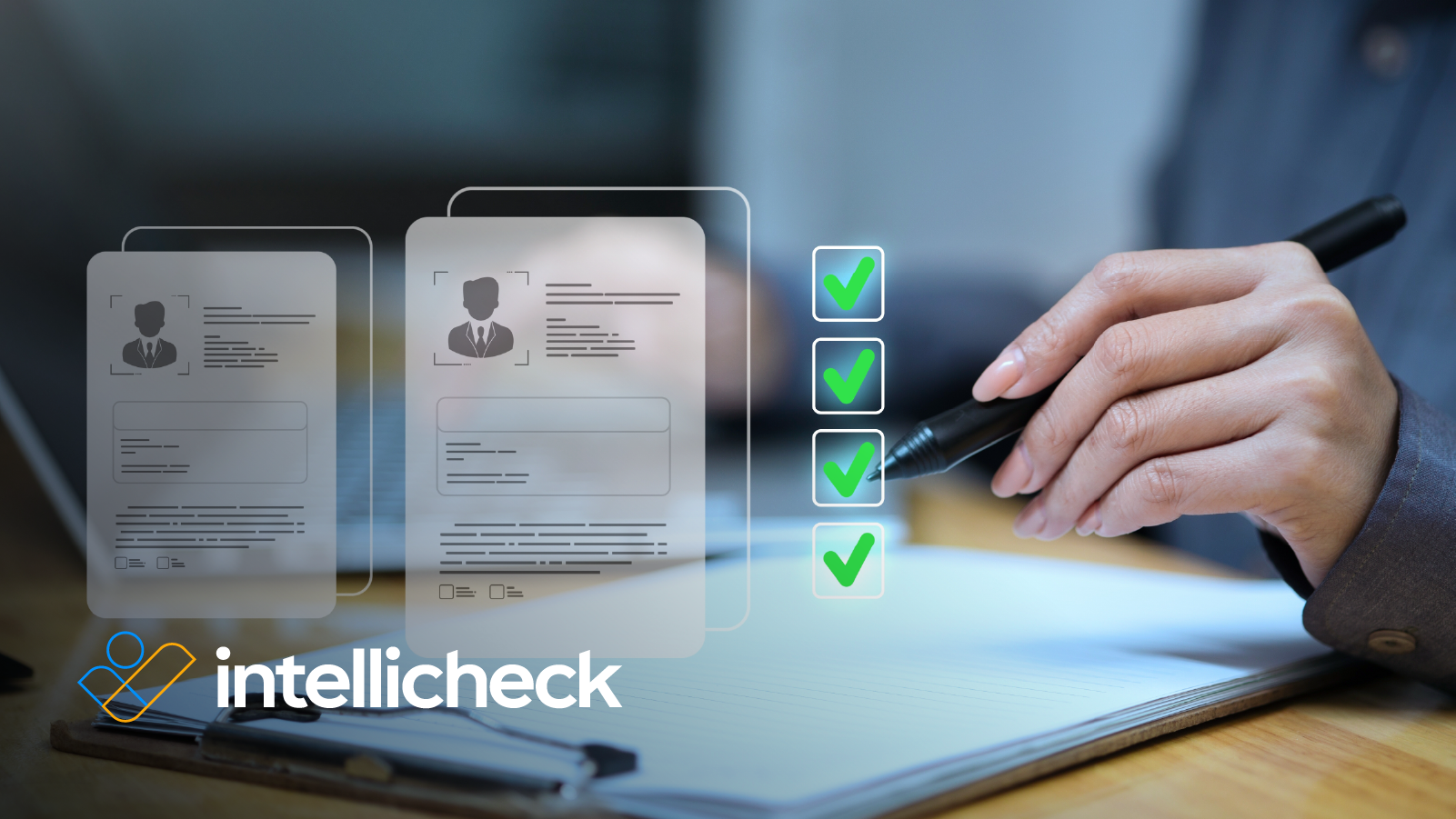Anti-Money Laundering (AML) is defined as a set of laws, regulations, and procedures intended to prevent criminals from disguising illegally obtained funds as legitimate income. AML laws, such as the Bank Secrecy Act, were first put into place by the U.S. government in 1970 and ever since, AML compliance has been considered a federal requirement.
As such, banks or other financial institutions that fail to be AML compliant can incur jail time, hefty fines, loss of income, wasted resources, etc. Integrating a successful AML software is one crucial step towards protecting your business against fraud and AML regulation backlash. Here are a few types of AML software your financial institution might want to consider incorporating:
Identity Authentication Software
Identity authentication software helps to verify a person or user’s name and personal information in order to create trust on- and offline, protect against identity fraud, and ensure AML compliance. When you consider the fact that most fraudsters use a false identity, highly accurate ID authentication solutions become a necessity.
ID authentication software can help you fulfill your KYC (Know Your Customer) and AML needs by helping you catch fraudsters in real-time, even before they are filed and processed by your AML compliance programs. That said, your authentication measures are only as effective as the data that backs it up. That’s why you need a reliable system, like Intellicheck, so you and your team are never left having to second-guess.
Behavior Analytics Software
Behavior Analytics Software, as the name suggests, analyzes past and present behaviors into patterns and groupings in order to determine whether or not a specific action taken can be deemed fraudulent.
The first way this AML software might examine this is through the action of an individual in the context of his or her past actions in order to detect any suspicious changes in the pattern of behavior. The second way this might be done is through grouping by customer type, after which the system can look for behaviors that deviate from the norm. Either method is helpful in determining what a fraudster might look like and for catching potential theft accordingly.
Suspicious Activity Reporting Software
Suspicious Activity Report (SAR) software is designed to expedite the filing of SAR documents by automating much of the process. This software increases efficiency for companies, while ensuring adherence to AML regulations. SAR is a legal document that is filed with government agencies (FinCEN in the US) by financial institutions to monitor and detect any potentially illegal activities.
The filing of SAR documents in cases of suspicious activity is essential for any company that wishes to comply with AML regulations; the failure to do so when money laundering or fraud is detected can result in civil and criminal penalties.
KYC Software
Know Your Customer (KYC) procedures are essential to evaluating customer risk and are actually considered a legal requirement to comply with AML laws. Successful KYC software should:
- Establish the customer’s identity, you can do so by integrating a Customer Identification Program (CIP) into your KYC software
- Determine whether the nature of the customer’s activity is honest and legitimate through Customer Due Diligence (CDD)
- Continue to monitor the customer’s activity to prevent future acts of fraud
Stop Fraud In Real-Time With Intellicheck
Fraud prevention efforts in banks and financial institutions are key to keeping your business out of trouble with both the government and potential fraudsters. Failure to catch money laundering schemes can result in hefty fines that can be crippling to smaller banking institutions and costly for larger ones as well.
That’s why ID authentication solutions, like Intellicheck, are incredibly effective in supporting your AML compliance efforts so that fraudsters don’t slip through the cracks. Intellicheck authenticates IDs with 99% accuracy, checks IDs in a matter of seconds, integrates with your existing systems, and is used by ID producers and government officials nationwide.
Are you looking to prevent fraud and ensure AML compliance all through a single AML software?
Access this Resource
Related resources

Podcast
Discover how identity theft costs businesses $15.6 billion annually and why credit unions face 11% revenue losses from account takeovers. Intellicheck VP Sandra Bauer reveals proven strategies for building customer trust through multi-layered identity verification, staff training, and transparent security communication.

Podcast
Discover how identity theft costs businesses $15.6 billion annually and why credit unions face 11% revenue losses from account takeovers. Intellicheck VP Sandra Bauer reveals proven strategies for building customer trust through multi-layered identity verification, staff training, and transparent security communication.




.avif)



